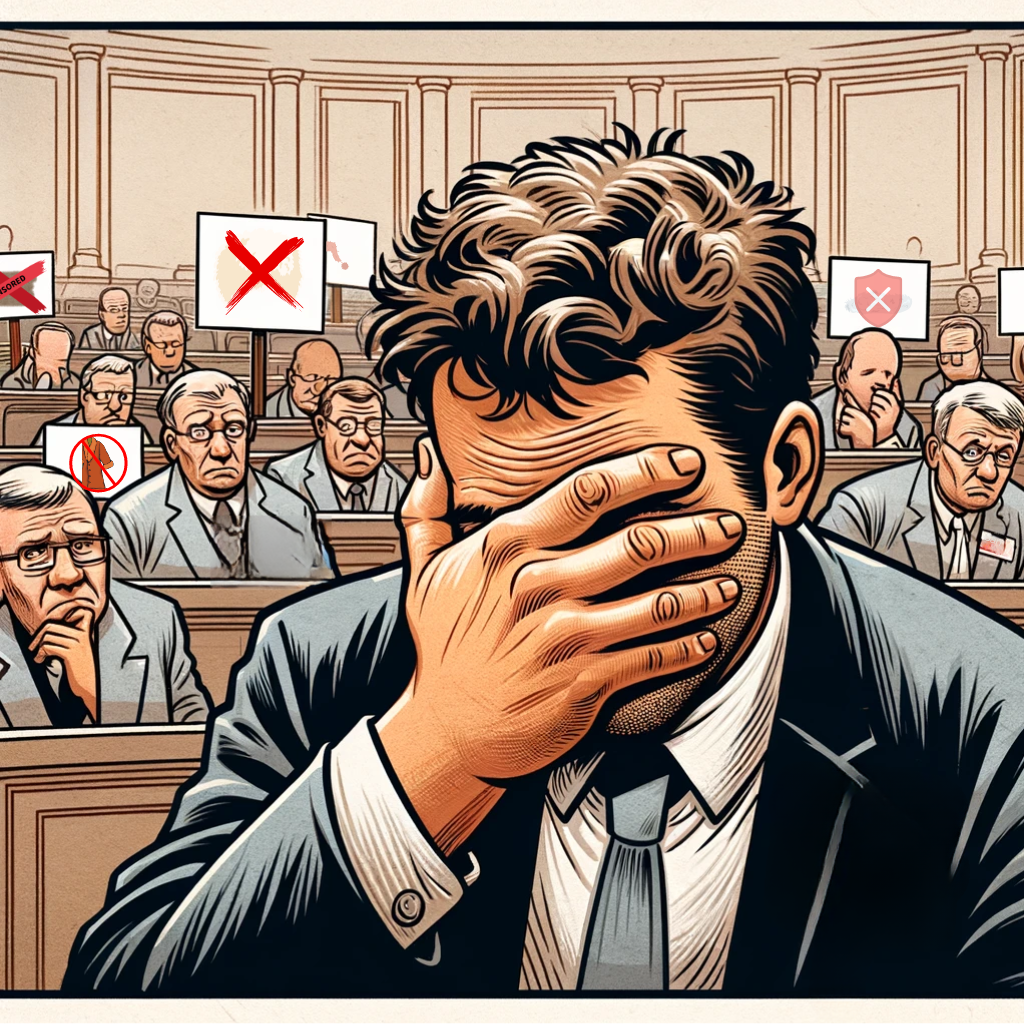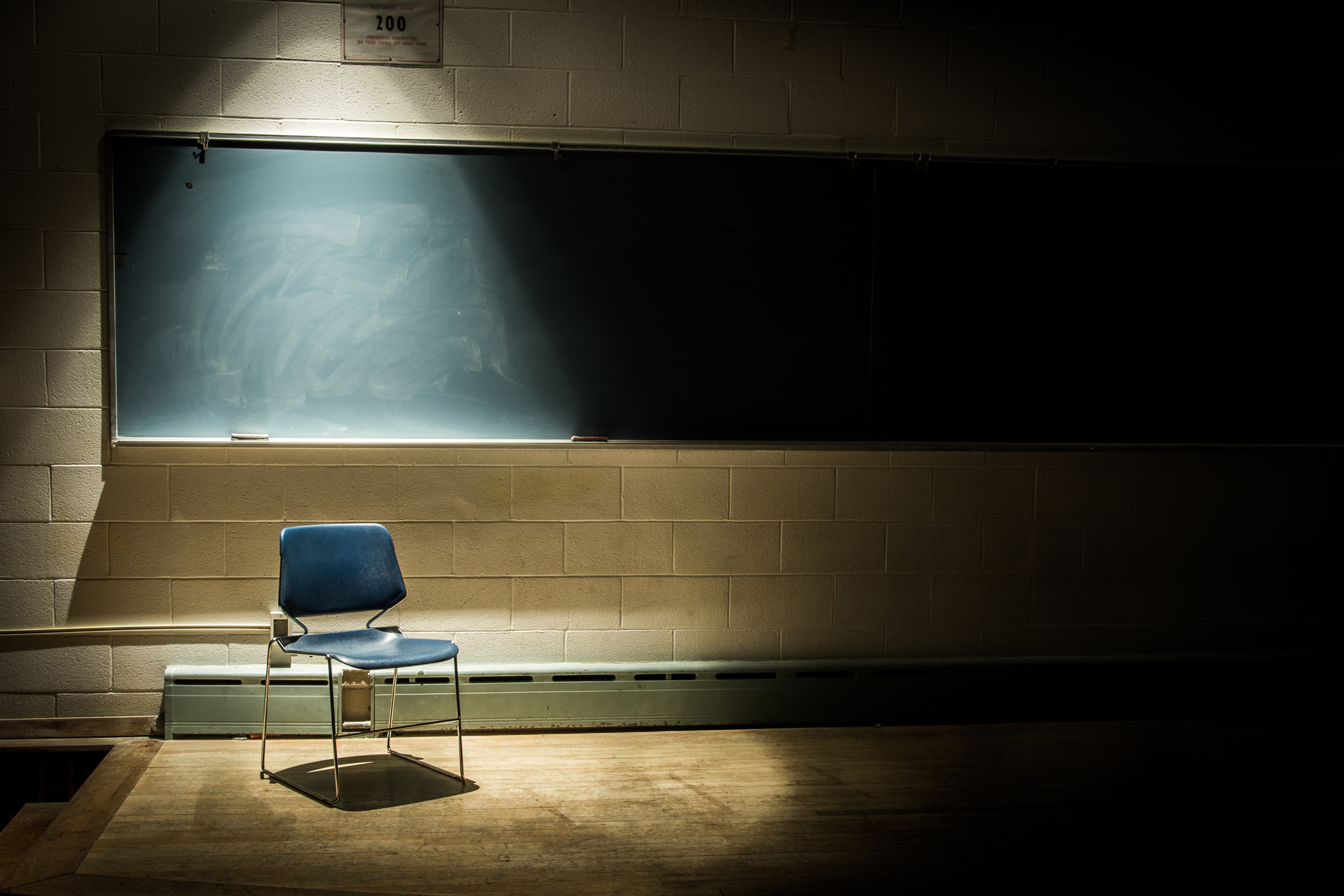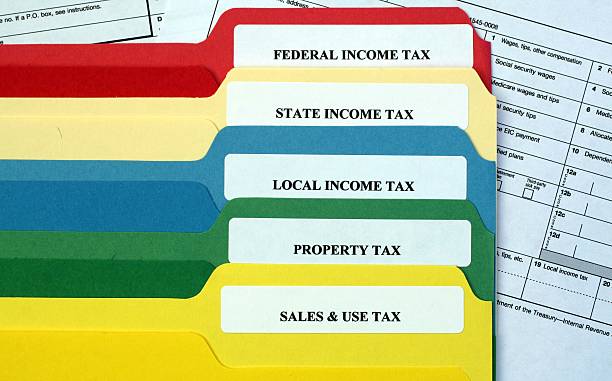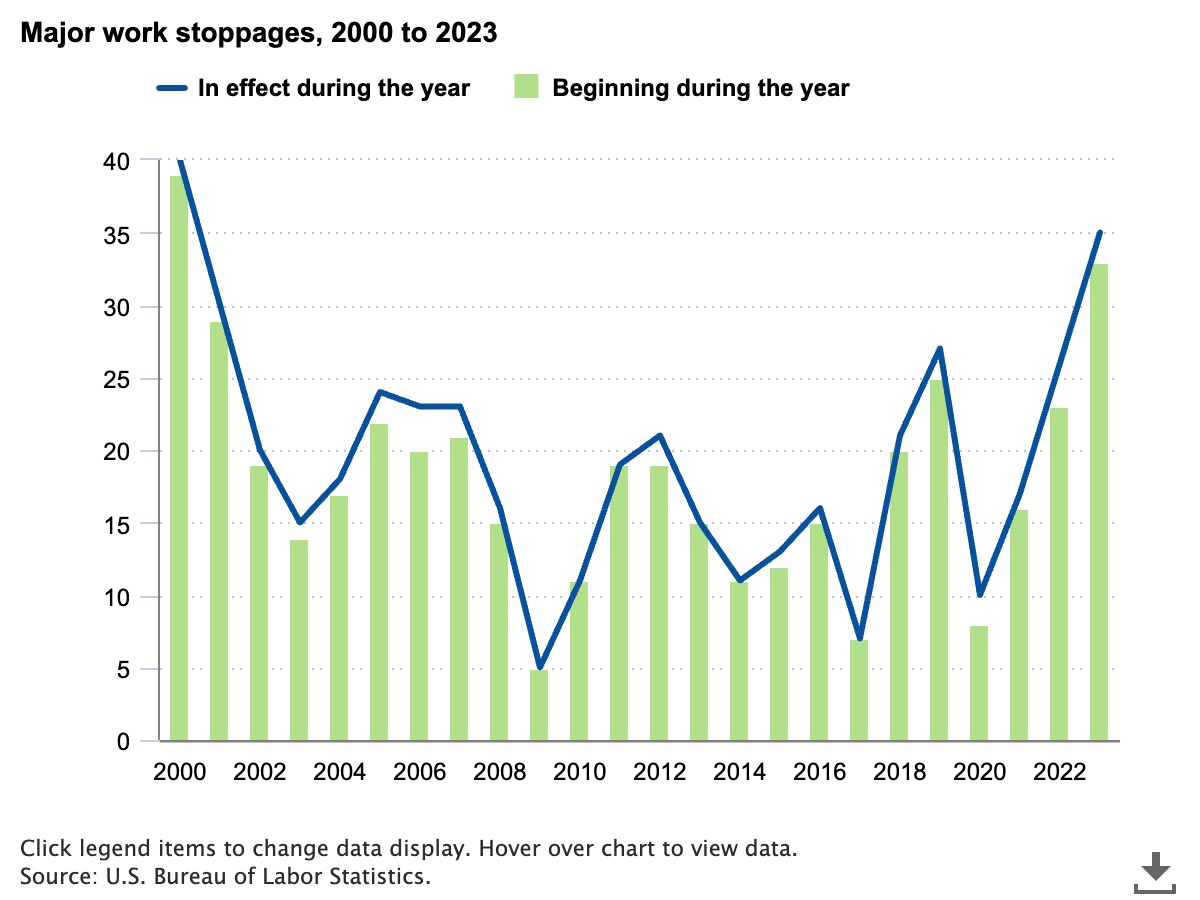




































This is a summary of an in-depth study, “Overview of the McCleary Decision on Public
Education Funding and Reform,” available online and as a downloadable PDF.
The Supreme Court’s McCleary decision has caused significant confusion among lawmakers, educators, parents and the general public. This January 2012 decision, written by Justice Debra Stephens, ruled the state legislature has failed to fulfill its paramount duty to “make ample provision for the education of all children residing within its borders…”
Background - Failure of past court rulings
The McCleary decision reviews the history of efforts to improve the schools, beginning with the 1978 Doran Supreme Court decision. The Doran decision was the first effort by judges to set education spending in Washington. It was assumed at the time that devoting more tax money to the public education system would improve learning outcomes.
Education spending has increased sharply as the courts wanted, yet today, about one-quarter of high-school students drop out, the achievement gap remains stubbornly large, poor students still lag behind their peers and academic assessment outcomes in reading, math and science have not improved.

The confusing McCleary decision
First, the judges briefly explained their role in interpreting the state constitution: “The judiciary has the primary responsibility for interpreting article IX, section 1 to give it meaning and legal effect.” The justices note that it is elected representatives, not judges, who must provide the specific details of the program of basic education and fund it. In seeking to respect the division of powers between the judicial and legislative branches, the justices said the Court “defers to the legislature’s chosen means of fulfilling” its paramount duty to fund the schools.
However, the McCleary court ruling contains this contradictory language: “The legislature recently enacted a promising reform package under ESHB 2261, 61st Leg., Reg. Sess. (Wash. 2009), which if fully funded, will remedy deficiencies in the K-12 funding system.”
The judges’ use of the definitive term “will remedy” has contributed to confusion over McCleary. Perhaps in recognition of this problem, the judges in the McCleary decision made it clear that, while the court has the “primary responsibility” for interpreting the constitution, judges are not well equipped to set detailed policy direction for complex public programs. Judges don’t conduct legislative hearings, attend town hall meetings or talk to constituents. The McCleary decision said that only elected lawmakers can direct public education policy, although the judges say they intend to retain jurisdiction over the case itself.
The court also ruled that, “Fundamental reforms are needed for Washington to meet its constitutional obligation to its students. Pouring more money into an outmoded system will not succeed.”
The legislature’s response to the McCleary decision
In the 2013 Legislative Session, the legislature cited the McCleary decision to provide schools $15.2 billion in state funding, an increase of $1.6 billion, or 11.4%, over the previous budget. State funding per student will rise from $6,782 per student in 2012-13, to $7,279 per student in 2013-14 and $7,764 per student in 2014-15. Schools will receive on average another $3,400 per student from local levies, federal and other funding, for a total of $11,400 per student an all-time high. The 2013 Senate also passed three major reform bills to comply with the McCleary requirement of passing fundamental reforms to improve the schools. These bills would have allowed school principals to decide who teaches in their schools; limited the rate of growth in spending on non-education programs to protect education funding; and created an A-F grading program for schools based on the state’s accountability index.
The McCleary Court’s January 9, 2014 order
The court issued an order on January 9, 2014 which directs the legislature to produce a funding plan by April 30, 2014. The order contains dollar figures for specific programs and gives budget direction for areas of spending. Some lawmakers expressed concern about the political nature of the justices’ latest directive.
Washington Policy Center Recommendation
Washington Policy Center recommends the legislature redefine its program of education to create a Student Education Scholarship amount for each student, with more money provided to students with special learning needs. Creating a Student Education Scholarship would lead to a public conversation about how to spend school resources better.